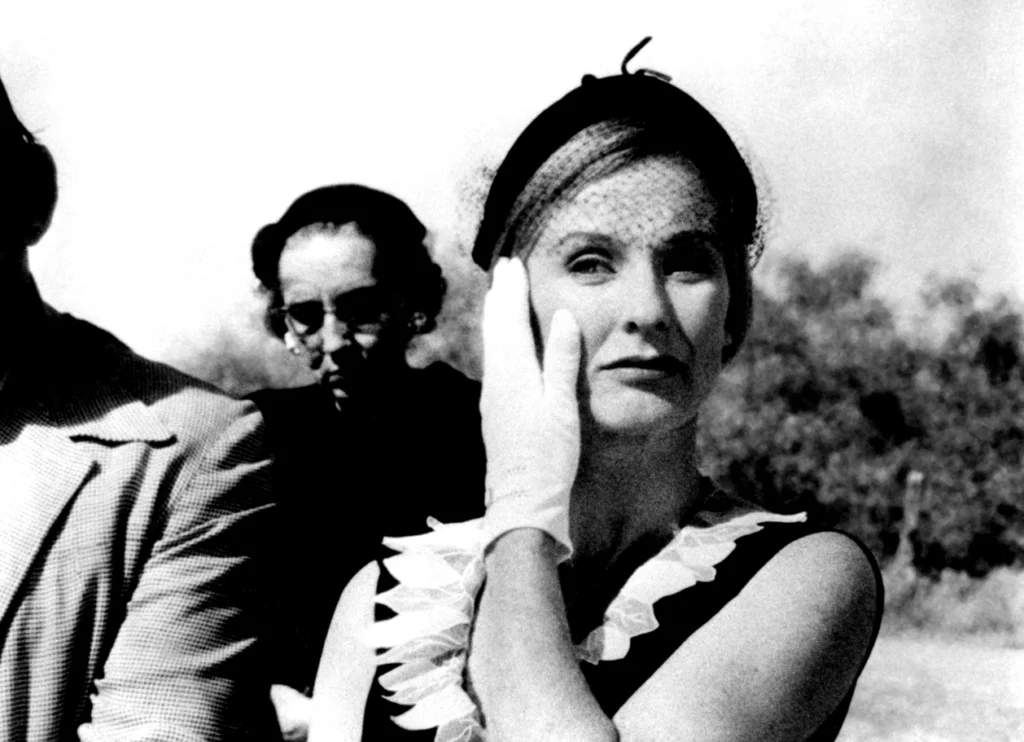1. Saturday Night Fever (1977)

When Saturday Night Fever hit theaters, it was everywhere. John Travolta’s white suit and disco strut defined an era, and the Bee Gees’ soundtrack became one of the best-selling albums of all time. The movie wasn’t just about dancing—it tackled class struggles, identity, and the search for purpose, which gave it surprising depth for a disco flick.
But over time, the film’s darker undertones were overshadowed by its sparkly dance-floor image. These days, people remember the soundtrack and the disco craze more than the story itself. It’s often treated as kitsch rather than serious cinema, even though it was a cultural milestone. A rewatch reminds you just how gritty and poignant it actually was.
2. Kramer vs. Kramer (1979)
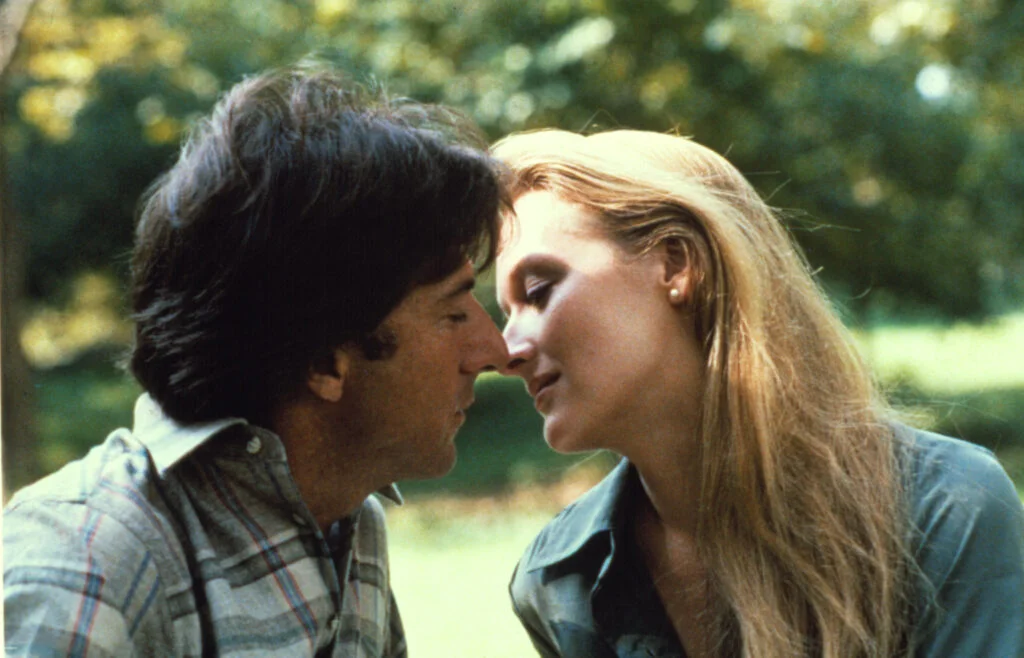
When it was released, Kramer vs. Kramer dominated the conversation. It won five Oscars, including Best Picture, Best Director, and acting awards for Dustin Hoffman and Meryl Streep. The film broke ground with its raw look at divorce and custody battles, issues that were just starting to be openly discussed in society.
Yet despite its massive success, it’s not a movie people revisit often today. Unlike other Best Picture winners of the era, it doesn’t show up on many “all-time great” lists. Maybe that’s because it feels tied to its time, or because its quiet drama can’t compete with flashier titles. Still, it was a landmark in how family stories were told on screen.
3. Rocky II (1979)
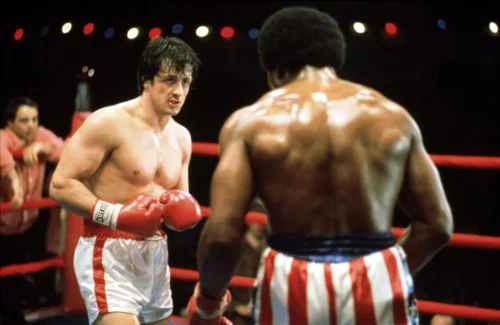
The original Rocky is remembered as one of the great underdog stories in cinema, but Rocky II was also hugely popular. Fans lined up to see whether Rocky Balboa could take down Apollo Creed in a rematch, and the film delivered a thrilling payoff. It was a massive box office hit and cemented Sylvester Stallone as a star.
These days, though, it gets lost in the shuffle of the long-running franchise. People jump from the iconic first film to the later over-the-top entries like Rocky IV. That leaves Rocky II underappreciated, even though it told a solid continuation of Rocky’s story with plenty of heart. It deserves more love for keeping the saga alive.
4. Grease (1978)

Grease was the ultimate crowd-pleaser. With catchy songs, colorful characters, and John Travolta and Olivia Newton-John at the height of their charm, it became one of the highest-grossing musicals of all time. For a while, it seemed like everyone knew the words to “Summer Nights” and “You’re the One That I Want.”
But despite its initial mania, Grease isn’t always treated with the same respect as other musicals. Some critics dismiss it as fluff, and newer generations sometimes find its gender roles outdated. That said, rewatching it shows why it was such a sensation—it’s pure, infectious fun. It might not be deep, but it still brings joy decades later.
5. Close Encounters of the Third Kind (1977)
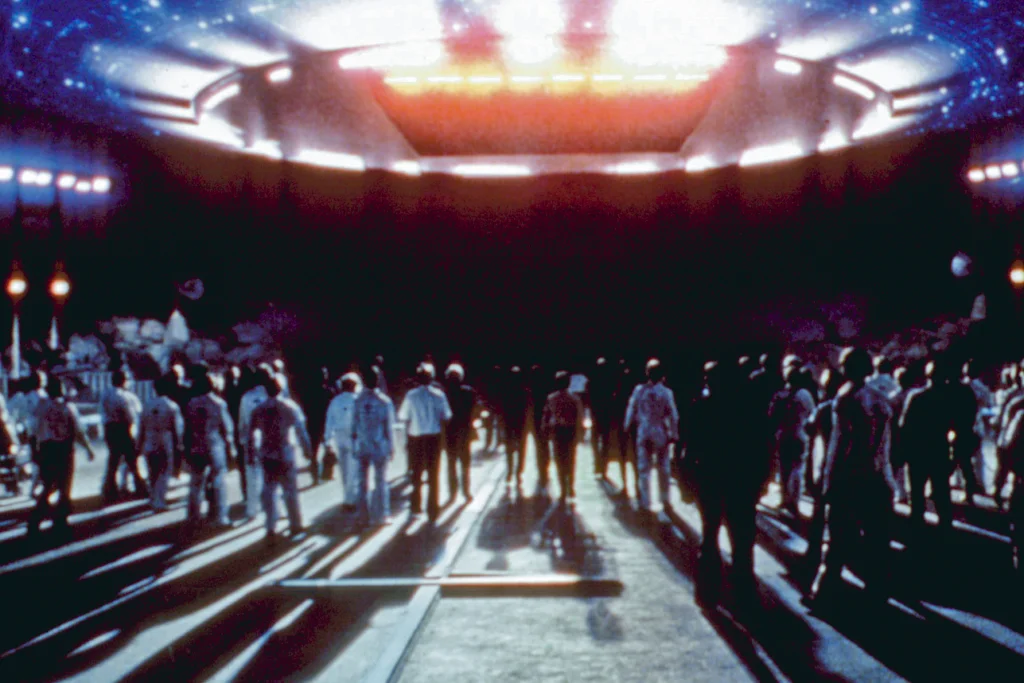
Steven Spielberg’s Close Encounters of the Third Kind captivated audiences with its awe-inspiring take on alien contact. Richard Dreyfuss’s mashed potato mountain and the five-note musical signal became pop-culture shorthand. At the time, it was a box office smash and proved sci-fi could be both intelligent and emotional.
Now, though, it’s overshadowed by Star Wars and E.T., both of which became juggernauts. While still respected, it doesn’t get nearly the same attention as those other Spielberg classics. That’s a shame, because it’s one of the most wonder-filled sci-fi films of the decade. Revisiting it reminds you how Spielberg could make the extraordinary feel intimate.
6. Superman (1978)
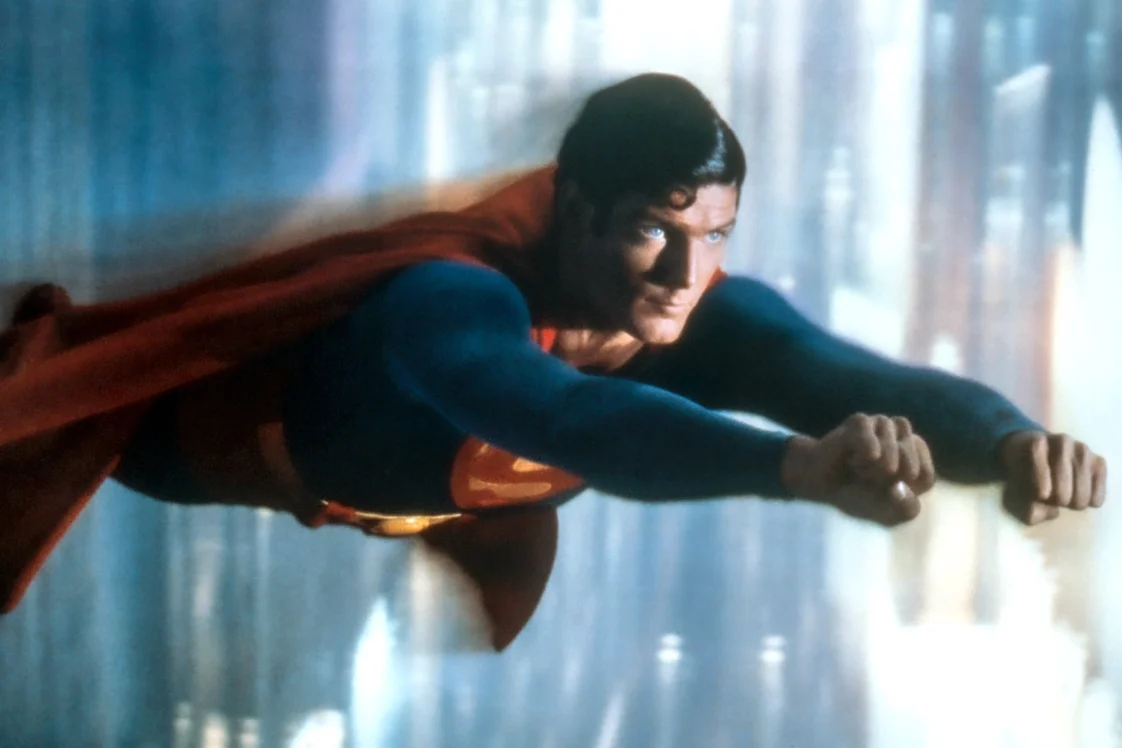
Christopher Reeve’s Superman was groundbreaking when it hit theaters. Audiences believed a man could fly, and the mix of action, romance, and humor set the template for superhero films to come. It was also a massive financial success and a cultural event that inspired countless future franchises.
Yet despite being the first modern superhero blockbuster, it’s not talked about as much today. With Marvel and DC dominating theaters now, Superman sometimes feels quaint by comparison. But Reeve’s performance remains iconic, and the film’s sincerity is something modern superhero movies often lack. It deserves more recognition for starting it all.
7. American Graffiti (1973)

George Lucas’s American Graffiti was a smash hit, capturing the spirit of teen life in the early ’60s with music, cruising, and coming-of-age stories. It helped launch the careers of Harrison Ford, Richard Dreyfuss, and Ron Howard. At the time, it was hailed as one of the best films about youth ever made.
Nowadays, though, it’s overshadowed by Lucas’s later creation, Star Wars. Despite its importance, it rarely gets revisited outside of film history classes. Still, it’s a nostalgic and heartfelt film that shows Lucas’s storytelling talent before space battles took over. It’s worth revisiting for both the music and the memories.
8. The French Connection (1971)
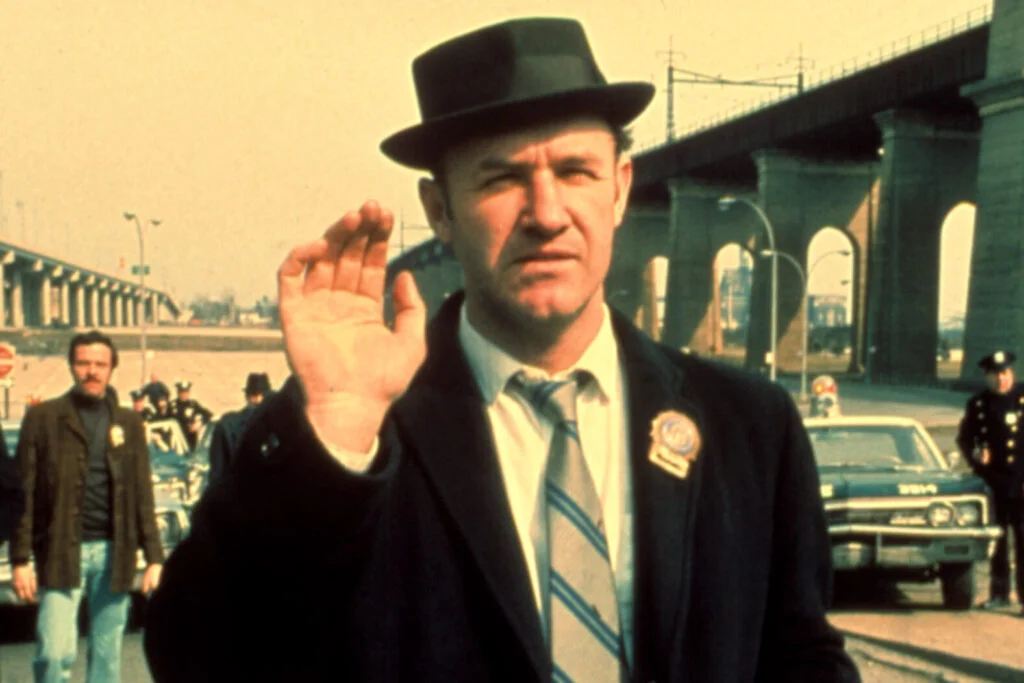
The French Connection was a gritty police thriller that electrified audiences. Gene Hackman’s performance as “Popeye” Doyle earned him an Oscar, and the film won Best Picture as well. Its car chase through New York is still considered one of the greatest action sequences ever filmed.
But in conversations about classic crime movies, it often gets pushed aside by titles like The Godfather or Goodfellas. That’s unfortunate, because it was a trailblazer for the modern cop thriller. Watching it today, you see just how much it influenced later films. It deserves to be remembered as more than just that one chase scene.
9. Serpico (1973)
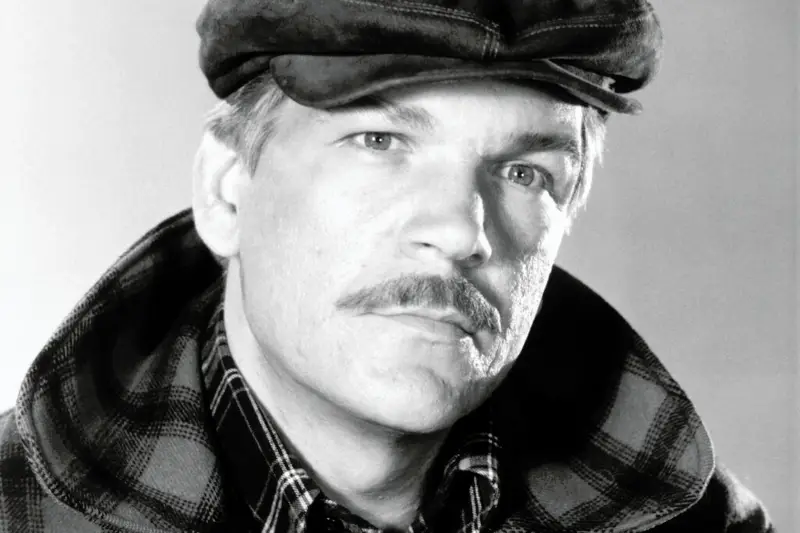
Al Pacino delivered one of his finest performances in Serpico, based on the true story of an NYPD officer who exposed widespread corruption. The movie was a hit with critics and audiences, and it cemented Pacino’s reputation as one of the best actors of his generation.
Yet compared to his roles in The Godfather films or Scarface, Serpico doesn’t get as much attention now. It’s a quieter, more grounded performance, which may explain why it’s less iconic. But it’s a gripping story with plenty of tension, and it showcases Pacino at his best. It shouldn’t be overlooked in his filmography.
10. Network (1976)
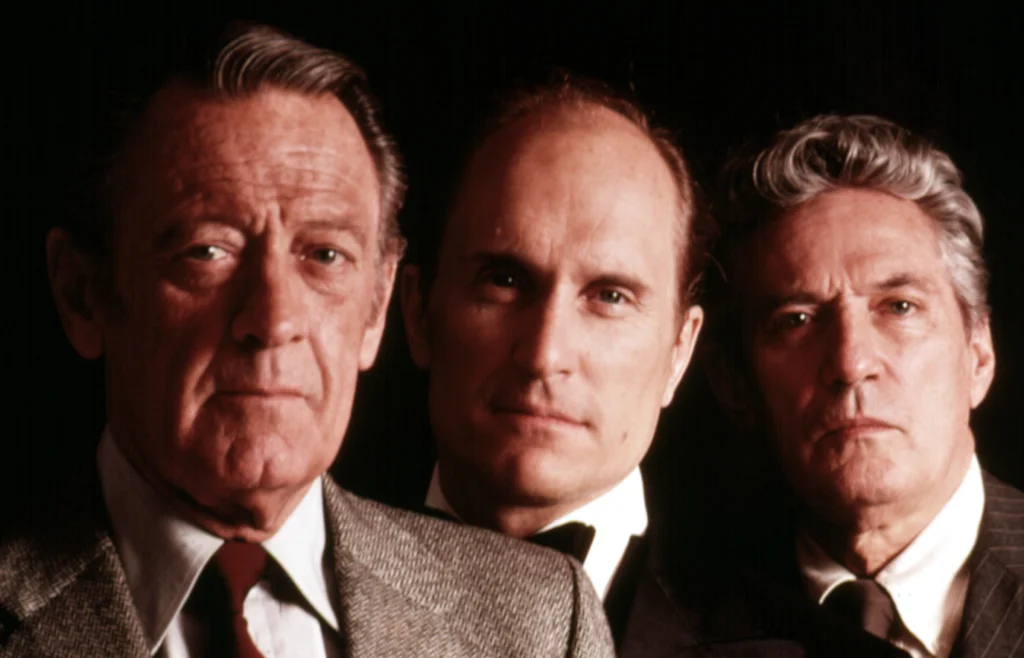
When Network premiered, it was shocking, satirical, and incredibly timely. Its story of a news anchor’s breakdown—and the TV network that exploits it—felt both outrageous and prophetic. “I’m as mad as hell, and I’m not going to take this anymore!” became a cultural catchphrase.
Even though it won four Oscars, including acting awards for Peter Finch and Faye Dunaway, it doesn’t get as much mainstream attention now. Some of its biting critiques of television have been absorbed into reality, making it less shocking today. Still, it was ahead of its time and deserves to be remembered for its daring.
11. Dog Day Afternoon (1975)
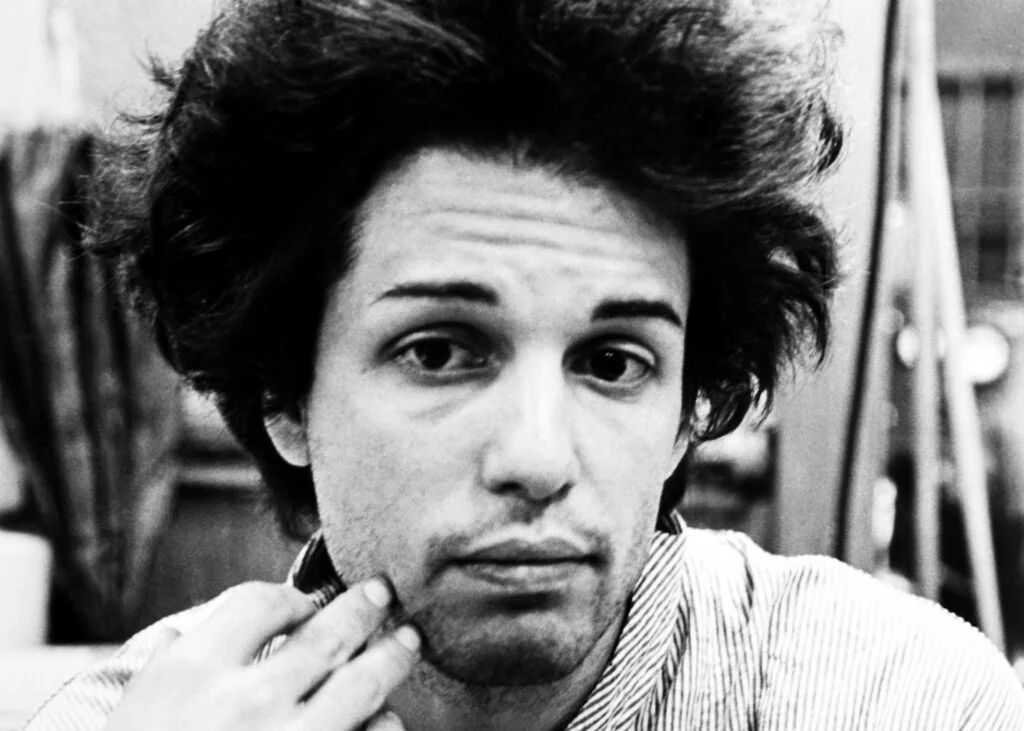
Based on a true story, Dog Day Afternoon starred Al Pacino as a desperate man robbing a bank to pay for his partner’s gender-affirming surgery. It was groundbreaking for its subject matter and was hailed as one of the most original films of the decade. Pacino and John Cazale gave unforgettable performances.
Despite being a critical hit, it’s not often mentioned alongside The Godfather or other ’70s classics. Maybe that’s because its gritty realism makes it less flashy than mob dramas or big epics. Still, it’s an extraordinary film that remains relevant in its themes of desperation and human connection. It deserves more attention than it gets.
12. All That Jazz (1979)
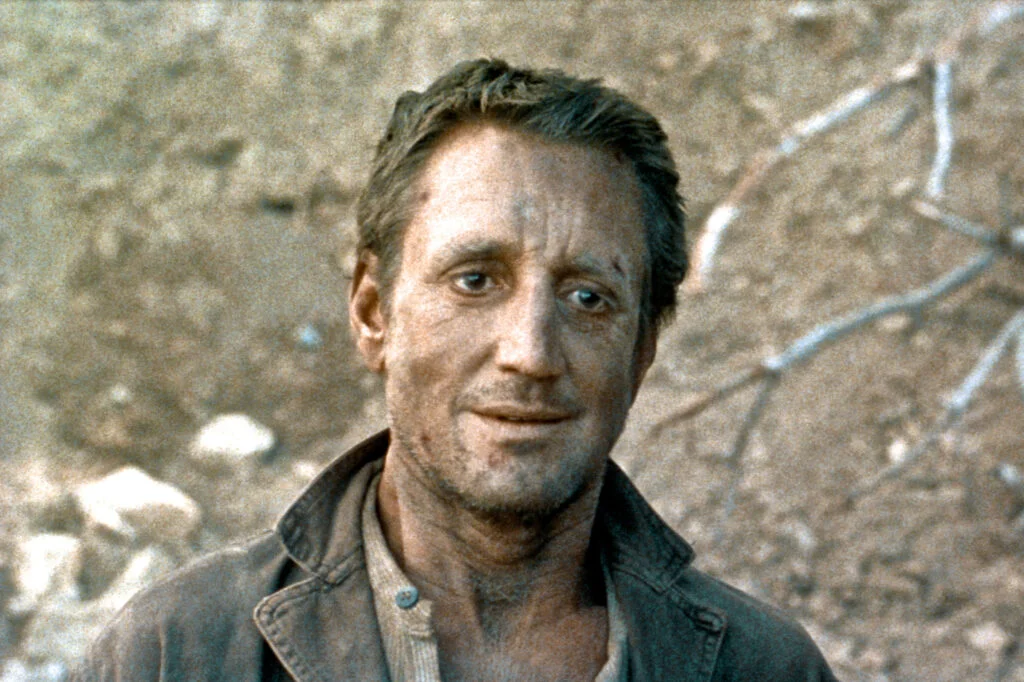
Bob Fosse’s semi-autobiographical musical All That Jazz wowed audiences with its mix of dazzling choreography and dark introspection. Roy Scheider gave a career-best performance as a driven director whose lifestyle spirals out of control. It won four Oscars and was hailed as a masterpiece at the time.
Yet today, it doesn’t get mentioned nearly as often as Fosse’s Cabaret. Its combination of musical numbers and existential despair might not appeal to everyone, which could explain its quieter legacy. But it’s bold, inventive, and unlike any other film of the ’70s. For those who give it a chance, it’s unforgettable.

